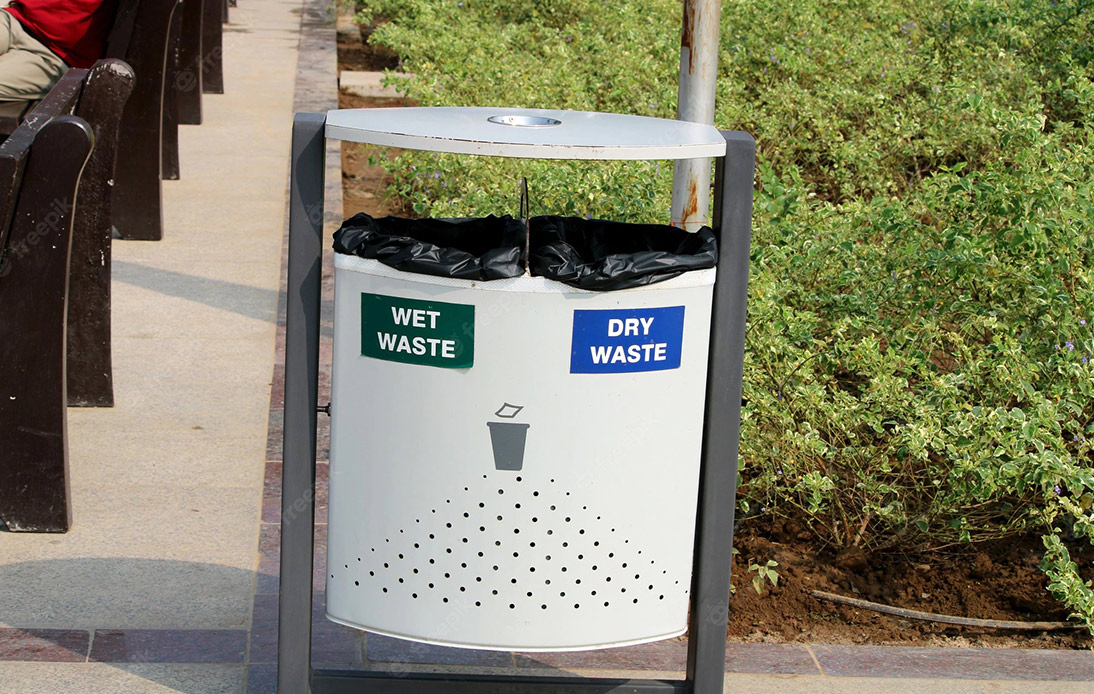
The Bangkok Metropolitan Administration (BMA) unveiled plans to promote recycling among Thai households by encouraging them to separate wet from dry waste for reuse.
During a Tuesday panel meeting on waste development, Bangkok Governor Chadchart Sittipunt spoke about the waste problem in the capital and revealed the policy but clarified that he would first test it in some areas.
Mr. Chadchart’s comments came after a BMA report showed that it had a larger budget to remove rubbish than to address other major issues. The administration reportedly spent 10 billion baht to clean up waste, well above the 6 billion baht on public health and 4 billion baht on education.
However, combating garbage accumulation and waste management requires the cooperation of the private sector and the general public.
“First of all, the BMA should encourage residents to separate their waste, which also means working with the private sector,” said Mr. Chadchart.
“We can start separating wet and dry waste from rubbish bins, before keeping the remaining dry waste for reuse and recycling,” he added.
However, the BMA has other issues to address to make the plan work, including improving its wet waste transport management system.
The waste management plan also includes developing fertilizers or producing vegetable gardens from the separated rubbish. Moreover, the BMA must respond to local complaints about the foul odor arising from the garbage disposal facility at On Nut.
According to Mr. Chadchart, the BMA must monitor the waste collections since this important environmental problem pollutes the water, contaminates dust, and affects people’s quality of life.
Previous reports showed that the capital’s residents were reluctant to separate garbage because they assumed all the waste would end up being dumped in one place.
However, the BMA’s environment department has suggested some guidelines for the waste disposing near schools, buildings, communities and festival sites, hoping to encourage locals to better separate and manage their waste.
Meanwhile, the Chulalongkorn University Environmental Institute is working with 30 organizations, including representatives from the private sectors and civil society, to devise a target plan to manage waste in Bangkok over the next two years.




















